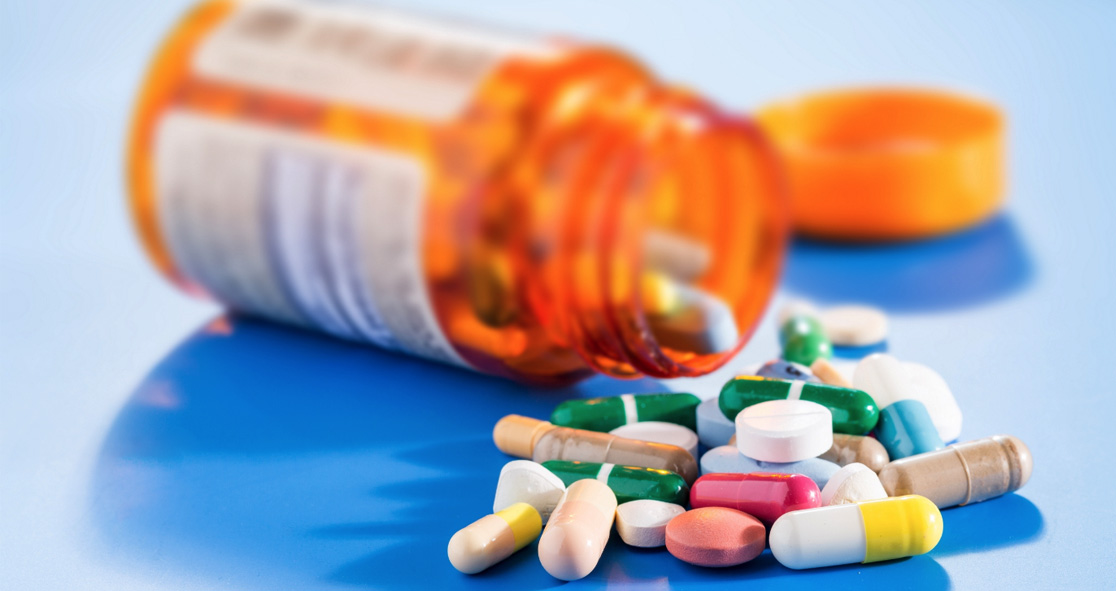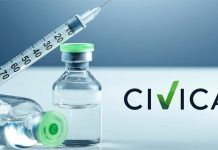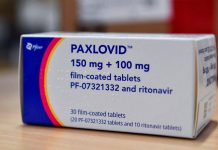In 2019 alone, generic drugs played a key role in reducing costs, saving the U.S. healthcare system more than $310 billion. And in 2020, generic drugs and biosimilars saved the U.S. healthcare system around $338 billion.
New generic drugs help patients and the nation’s health care system, as they introduce tough competition to high-priced brand-name drugs.
However, a new report from the Association for Accessible Medicines (AAM) has found that the Medicare Part D Plans continue to underperform in providing access to new generic drugs than commercial plans.
AAM works to ensure more generic and biosimilar medicines are more accessible to more people who need them, according to the association’s official website.
Previously, the association found that new generic drugs, which were approved by the Food and Drug Administration (FDA) between 2016 and 2018, faced significant delays in Medicare Part D plans compared with commercial plans.
Also, those generic drugs are routinely placed on expensive brand tiers with high patient cost-sharing.
In 2020, the FDA approved 72 generic drugs, providing access to lower-cost treatments that treat a wide range of health conditions. However, they faced delays by Medicare Part D plans due to “skewed incentives” in the current Medicare Part D Program.
A new analysis demonstrates that these concerning trends are continuing, which are further preventing patients from reaping the benefits of first generic competition.
“Patients are often denied access to these needed medications — on average, newly approved first generics launched in 2020 are covered by only 21% of Medicare Part D plans,” the AAM wrote on its official website.
“When first generics were covered, they were placed on non-generic tiers 79% of the time, exposing seniors to higher out-of-pocket costs,” it added. “In comparison, an average of 66% of commercial plans are covering first generics launched in 2020.”
“Significantly, tier placement was vastly better in the commercial market than in Medicare Part D, with first generics covered on generic tiers 98% the time.”
The AAM report said, “There’s simply no justification for providing America’s seniors worse access to lower-cost generics than beneficiaries in commercial health plans receive.”
“The system prevents seniors from getting the full value of their Part D benefit,” it added.
“Policymakers should modernize Medicare Part D, remove policies that discourage the use of lower-cost medicines and enact strong incentives for generic adoption.” Americans need generic drugs and biosimilars, as the low-cost therapies help more people in more places live healthier and longer.























